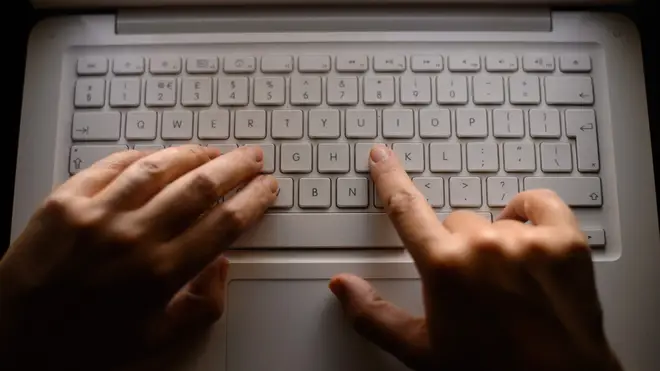
Jim Diamond 1am - 4am
28 April 2021, 00:04

New figures show that while the number of homes without internet access has fallen in the last year, many are not online.
The coronavirus pandemic and lockdown have narrowed the UK’s digital divide, but more than a million homes remain offline, new figures from Ofcom show.
The data suggests that the proportion of UK homes without internet access fell from 11% to 6% over the last year as more people got online for the first time to embrace online shopping, banking and to stay in touch with others.
However, for the 6% – around 1.5 million homes – still offline, the digital exclusion caused by lockdown is likely to have been more disempowering than ever, Ofcom said, because of the general need for internet access to carry out many tasks during the pandemic.
The regulator’s research found that those aged 65 and over were the most likely to be lacking internet access, followed by those in lower-income homes and the most financially vulnerable.
Nearly half of adults who were not online (46%) said they found the internet too complicated, or that it holds no interest for them (42%) – while 37% said a lack of equipment was also a barrier to them getting online.
In response, a trend of “proxy users” has emerged, with 60% of people who do not use the internet at home instead turning to someone else to do something for them online over the past year – most commonly to buy something.
The data also highlighted the issues schoolchildren have had at home during the pandemic when it came to internet access.
Although Ofcom found that fewer than 1% of children of school age did not have internet access at home, around 4% relied solely on mobile internet access.
In addition, it said around one in five children did not have consistent access to a suitable device for online home-learning – in most cases because they had to share a device.
Some 3% of schoolchildren were found to have been unable to do any schoolwork at all while at home because of their lack of access.
Yih-Choung Teh, Ofcom’s strategy and research group director, said that while it was encouraging to see more people getting online, the issues still facing those with limited access were concerning.
He said: “For many people, lockdown will leave a lasting legacy of improved online access and better digital understanding.
“But for a significant minority of adults and children, it’s only served to intensify the digital divide.
“We’ll continue to work with Government and other partner organisations to promote digital literacy and ensure that people of all ages and backgrounds are empowered to share in the benefits of the internet.”